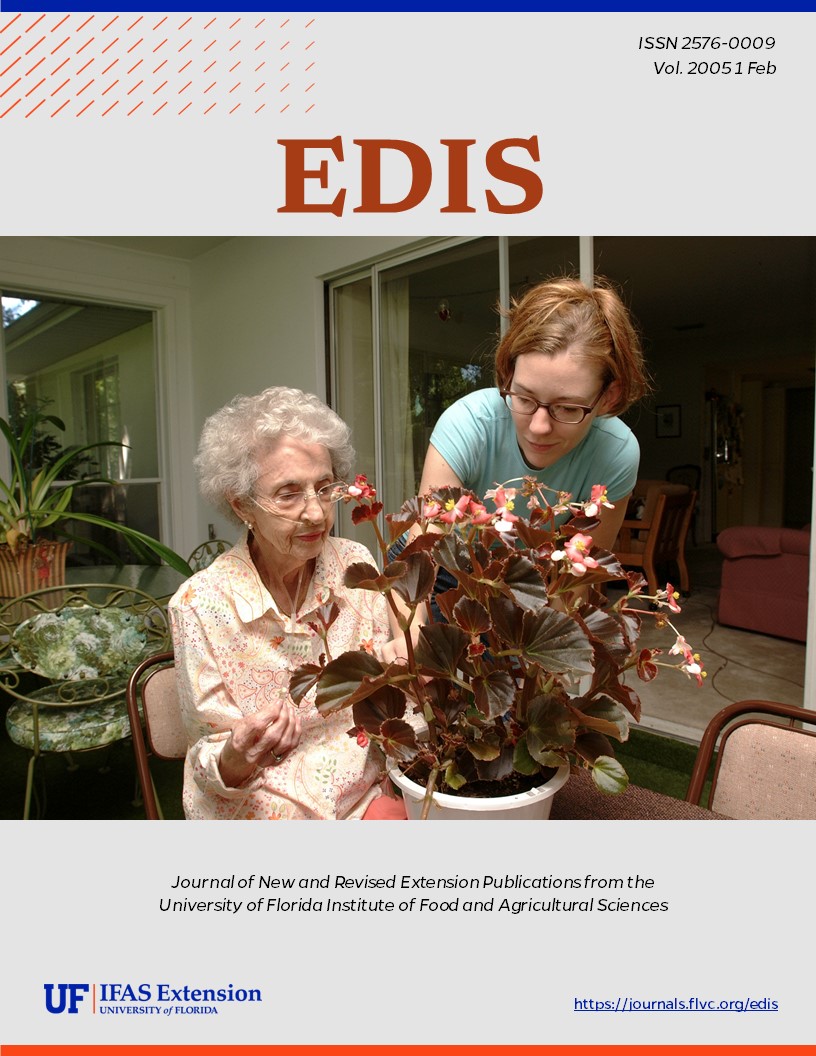Abstract
Neoscona crucifera (Lucas 1839) and N. domiciliorum (Hentz 1847) are common and conspicuous members of the moist woodland communities in much of Florida. These spiders are beneficial, consuming a variety of insects. Although typically nocturnal throughout most of their life spans, adult females can be found sitting head down in the hubs of their webs during daylight hours of the fall season. Bites from these spiders are not known to cause serious effects to humans. This document is EENY-316 (originally published as DPI Entomology Circular 266), one of a series of Featured Creatures from the Entomology and Nematology Department, Florida Cooperative Extension Service, Institute of Food and Agricultural Sciences, University of Florida. Published: June 2003.
References
Berman JD, Levi HW. 1971. The orb weaver genus Neoscona in North America (Araneae: Araneidae). Bulletin of the Museum of Comparative Zoology 141: 465-500.
Grasshoff M. 1986. Die Radnetzspinnen-Gattung Neoscona in Afrika (Arachnida: Araneae). Zool. Wetensch. 250: 1-123.
Kaston BJ. 1948. Spiders of Connecticut. Bulletin of the Connecticut State Geological and Natural History Survey 70: 1-874.
Kaston BJ. 1976. Supplement to the Spiders of Connecticut. Journal of Arachnology 4: 1-72.
Walckenaer CA. 1841. Histoire Naturelle des Insects Apteres. Tome II. Paris. 549 p.
Unless otherwise specified, articles published in the EDIS journal after January 1, 2024 are licensed under a Creative Commons Attribution-NonCommercial-NoDerivs 4.0 International (CC BY-NC-ND 4.0) license.

